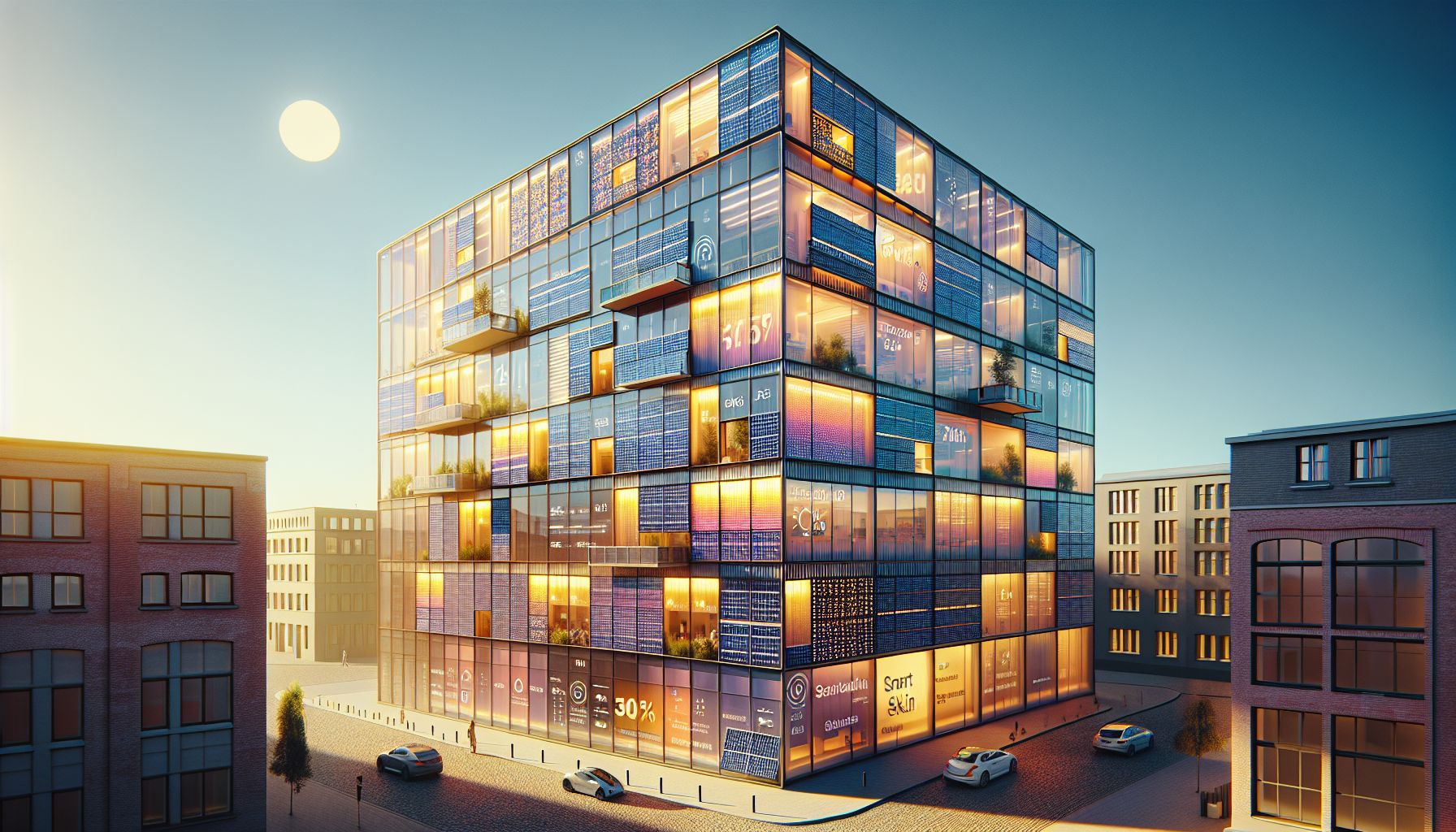Dutch Firm Physee Pioneers Energy-Neutral Building Technology

Delft, Wednesday, 18 September 2024.
Physee, a Dutch company, is revolutionizing commercial buildings with SmartSkin technology. This innovative system integrates sensors and solar cells into glass, potentially reducing energy consumption by 30% and addressing EU Green Deal requirements for sustainable upgrades.
A Breakthrough in Building Technology
Physee’s groundbreaking SmartSkin technology represents a significant leap forward in sustainable building design. By embedding sensors and solar cells into the glass of commercial buildings, SmartSkin allows for real-time energy management. This dynamic system not only optimizes energy use but also contributes to significant reductions in greenhouse gas emissions, aligning with global efforts to combat climate change.
Impact on Global Energy Consumption
Commercial buildings are a major contributor to global energy consumption and greenhouse gas emissions, accounting for approximately 40% of energy use and 30% of emissions worldwide[1]. Physee’s SmartSkin technology aims to address this issue by reducing energy consumption in buildings by up to 30%. This reduction is crucial in meeting the EU Green Deal’s mandate for sustainable energy upgrades within commercial buildings in the coming years.
Strategic Shift and Business Model
Under the leadership of CEO Ferdinand Grapperhaus, Physee has transitioned from a hardware-focused company to a hardware-enabled software business model. This strategy shift was catalyzed during their participation in the Rise programme, allowing them to increase their installed base and offer valuable services to end-users[1]. Physee’s approach now combines cutting-edge technology with robust service offerings, enhancing both the sustainability and comfort of modern buildings.
Collaborations and Investments
Physee has secured a €4 million investment and forged partnerships with two major global glass manufacturers. These collaborations are pivotal in scaling their SmartSkin technology and meeting the urgent demand for energy-efficient building solutions. Furthermore, these partnerships highlight the industry’s recognition of Physee’s potential to revolutionize the built environment[1].
Regulatory Push and Market Opportunities
The Dutch government’s BENG regulations, effective from January 2021, require buildings to adhere to stringent energy demand targets and incorporate renewable energy sources. By 2023, all commercial buildings in the Netherlands must upgrade to at least energy label C, a standard currently unmet by 68,000 office buildings[1]. Physee’s innovative solutions are positioned to help real estate owners meet these regulatory requirements efficiently.
Future Prospects and Industry Trends
The market for smart building technologies is expanding rapidly, with global investments projected to reach between $256 billion and $568 billion by 2032[2]. Innovations like Physee’s SmartSkin are crucial in driving this growth, offering sustainable solutions that are not only environmentally beneficial but also economically advantageous. As the industry evolves, the integration of smart technologies in buildings will become a standard practice, furthering the goals of the Paris Agreement and other global sustainability targets.

